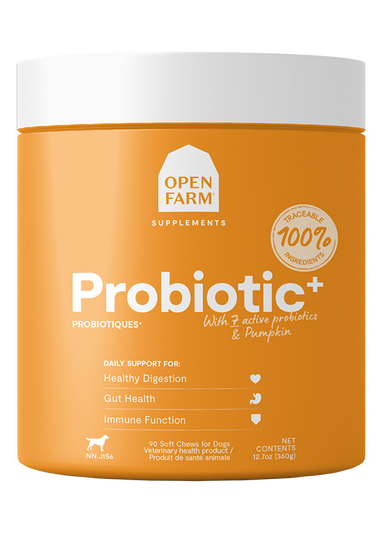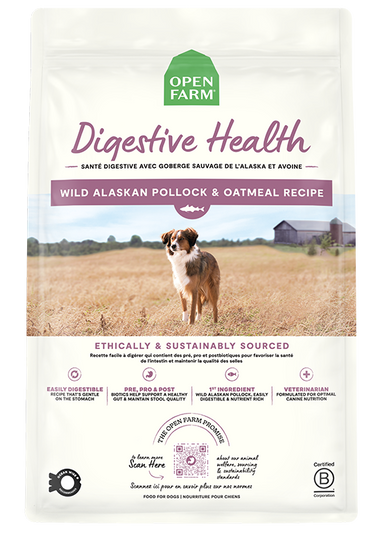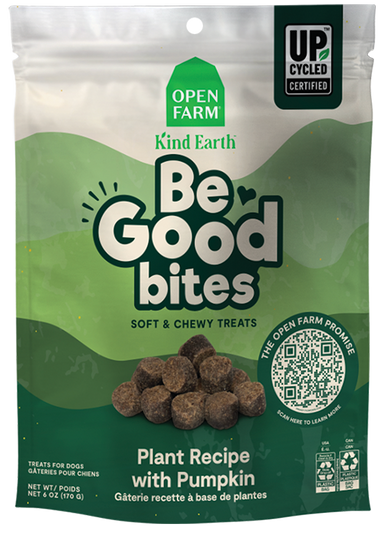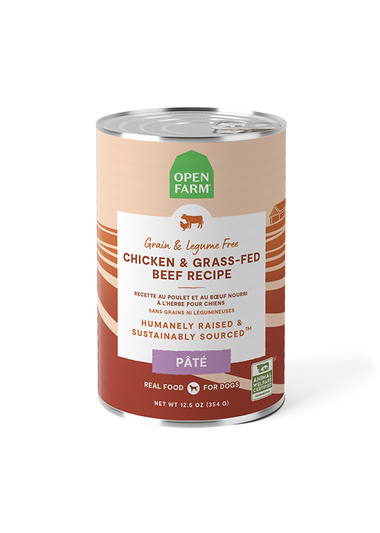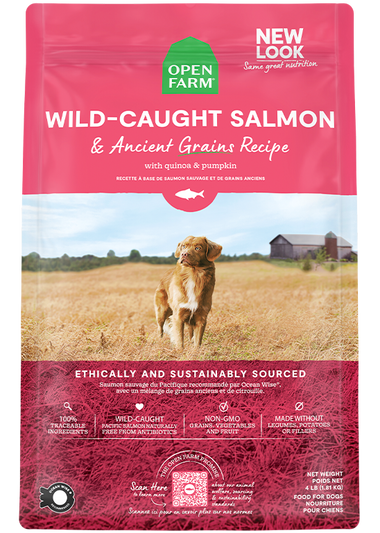As our beloved canine companions age, their dietary needs change. Just like humans, senior dogs require a diet that supports their overall health, digestion, and well-being. But what exactly should you feed your senior dog? Let’s explore the importance of a diet rich in functional foods, good digestion, and tummy support to ensure your furry friend enjoys their golden years to the fullest.
Understanding the Nutritional Needs of Senior Dogs
When considering a senior dog’s diet, it is essential to understand their changing nutritional needs. You might wonder is senior dog food necessary, especially if your beloved pet is not as active as they used to be.
Senior dogs have different nutritional requirements compared to their younger counterparts. As dogs age, their metabolism slows down, and they may become less active. This means they need fewer calories but still require essential nutrients to maintain their health.
Additionally, senior dogs are more prone to certain health issues such as arthritis, dental problems, and digestive issues. Therefore, it's crucial to provide them with a specific balanced senior diet for dogs that addresses these needs.
The Role of Functional Foods
So, what to feed senior dogs? The key lies in a balanced and nutritionally rich diet for older dogs. Whether pondering on what to feed elderly dogs to keep them healthy, or if you’re questioning what to feed a senior dog that won't eat, it's crucial to focus on their unique nutritional needs.
Functional foods are those that provide health benefits beyond basic nutrition. They may contain bioactive compounds that can help improve your dog's overall health and well-being. For senior dogs, incorporating functional foods into their diet can be particularly beneficial. Here are some examples of functional foods that can support your senior dog's health:
- Omega-3 Fatty Acids: Found in fish oil and flaxseed, Omega-3 fatty acids help maintain joint mobility in senior dogs with arthritis. Another benefit of Omega-3 fatty acids is that they can help decrease normal inflammatory pathways
- Antioxidants: Foods rich in antioxidants, such as blueberries and spinach, can help protect against free radical damage. This can support their immune system and overall health.
- Probiotics: Probiotics are beneficial microorganisms that promote a healthy gut. Including probiotic-rich foods like plain yogurt or specially formulated dog supplements can support digestion and absorption and promote intestinal well-being.
- Glucosamine and Chondroitin: These compounds are commonly found in joint supplements and can help support joint health and mobility.
Supporting Good Digestion
Good digestion is essential for your senior dog's overall health and well-being. As dogs age, their digestive system may become less efficient, leading to issues such as constipation, diarrhea, or gas. To support good digestion, consider the following dietary tips:
- High-Quality Protein: Ensure your senior dog's diet includes high-quality protein sources such as lean meats, fish, and eggs. Protein is essential for maintaining muscle mass and supporting overall health.
- Fibre: An adequate amount of fibre in the diet can help support healthy digestion and normal bowel function. This can be added through fibre-rich foods like sweet potatoes, pumpkin, and quinoa.
- Easily Digestible Carbohydrates: Opt for easily digestible carbohydrates such as oatmeal, which can provide energy without putting too much strain on your dog's digestive system.
- Hydration: Make sure your senior dog has access to fresh water at all times. Proper hydration is crucial for digestion and overall health.
Tummy Support for Senior Dogs
Senior dogs are more susceptible to tummy troubles, so it's important to provide them with foods that support their digestive health. Here are some tips to keep your senior dog's tummy happy:
- Smaller, Frequent Meals: Instead of feeding your senior dog one or two large meals a day, consider dividing their food into smaller, more frequent meals. This can help prevent digestive upset and make it easier for them to digest their food.
- Avoid Table Scraps: While it may be tempting to share your food with your furry friend, table scraps can be hard on their digestive system and lead to tummy troubles. Stick to a balanced diet formulated for senior dogs.
- Monitor Food Allergies: Some senior dogs may develop food allergies or sensitivities. If you notice any signs of digestive upset, such as vomiting or diarrhea, consult your veterinarian to determine if a food allergy might be the cause.
- Supplements: Consider adding supplements to your senior dog's diet that support digestive health. Probiotics, digestive enzymes, and prebiotics can all help maintain a healthy gut.
Conclusion
Feeding your senior dog a diet that emphasizes functional foods, good digestion, and tummy support is essential for their overall health and well-being. By incorporating nutrient-rich foods, supporting their digestive system, and providing tummy-friendly options, you can help ensure your furry friend enjoys their golden years with vitality and happiness. With the right diet, your senior dog can continue to thrive and bring joy to your life for years to come.
This article is meant only as an example of what might work well for your pet, please reach out to our Pet Parent Experience Team if you have any questions about your pet’s own unique circumstances! To ensure these products are a good fit for your furry friend, we also recommend consulting your vet about any new diet, or environment changes, especially if there is a medical concern. They should be able to help as you and your vet know your pet’s medical history best!








































 Sign In
Sign In
 Create Account
Create Account




